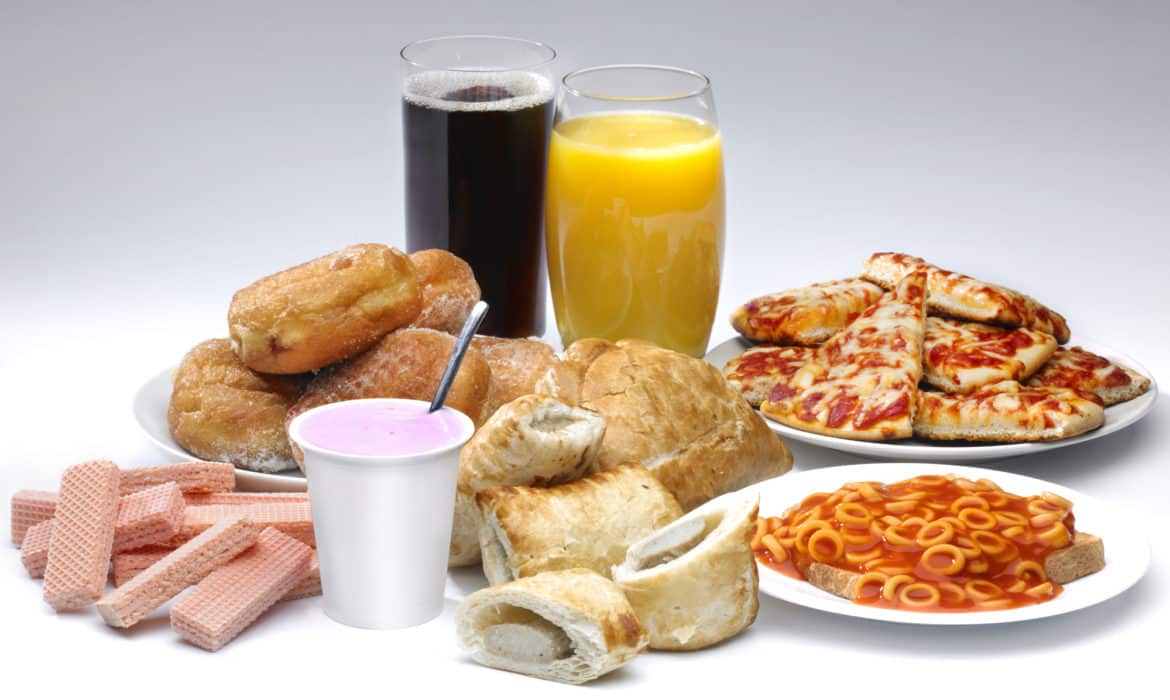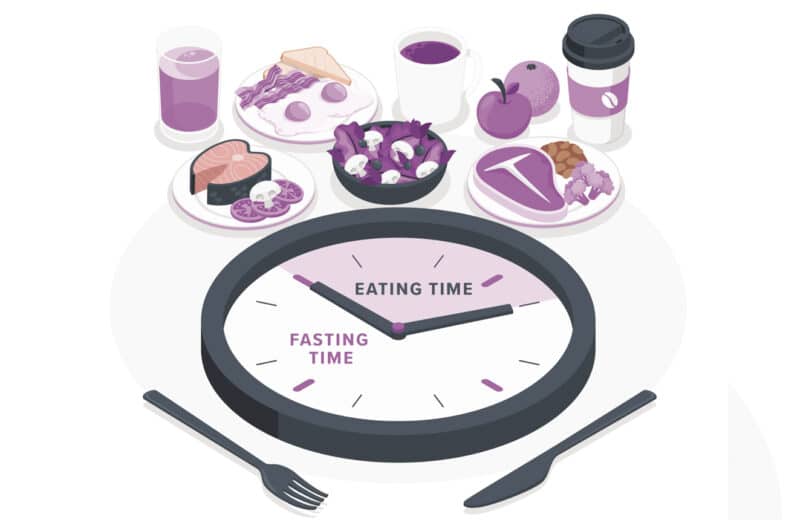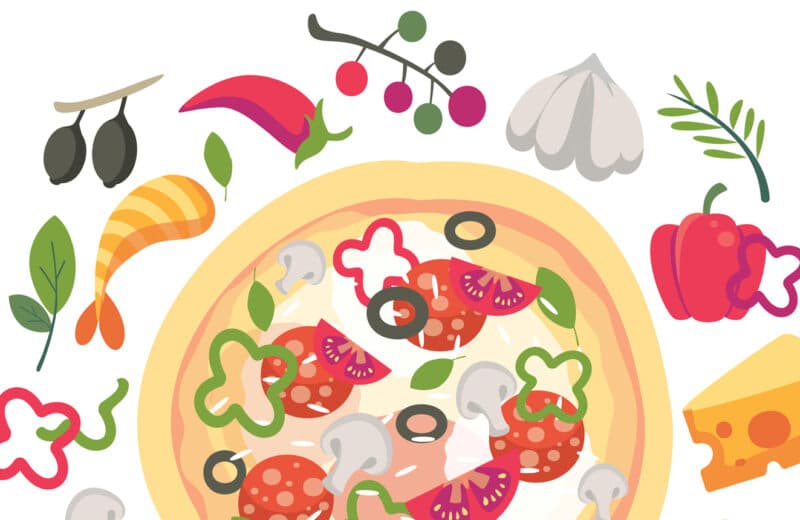You hear it all the time: the advice to “eat less processed food.” But what is processed food? For that matter, what is minimally processed food or ultra-processed food? And how does processed food affect our health?
What are processed and ultra-processed foods?
Unprocessed or minimally processed foods are whole foods in which the vitamins and nutrients are still intact. The food is in its natural (or nearly natural) state. These foods may be minimally altered by removal of inedible parts, drying, crushing, roasting, boiling, freezing, or pasteurization, to make them suitable to store and safe to consume. Unprocessed or minimally processed foods would include carrots, apples, raw chicken, melon, and raw, unsalted nuts.
Processing changes a food from its natural state. Processed foods are essentially made by adding salt, oil, sugar, or other substances. Examples include canned fish or canned vegetables, fruits in syrup, and freshly made breads. Most processed foods have two or three ingredients.
Some foods are highly processed or ultra-processed. They most likely have many added ingredients such as sugar, salt, fat, and artificial colors or preservatives. Ultra-processed foods are made mostly from substances extracted from foods, such as fats, starches, added sugars, and hydrogenated fats. They may also contain additives like artificial colors and flavors or stabilizers. Examples of these foods are frozen meals, soft drinks, hot dogs and cold cuts, fast food, packaged cookies, cakes, and salty snacks.
According to a study published in The BMJ, ultra-processed foods are the main source (nearly 58%) of calories eaten in the U.S., and contribute almost 90% of the energy we get from added sugars.
How do processed foods affect our health?
A study published in the journal Cell Metabolism compared the effects of an ultra-processed diet to the effects of an unprocessed diet on calorie intake and weight gain. The study involved 20 heathy, overweight adults staying at a medical facility. Each study participant received an ultra-processed diet and an unprocessed diet for 14 days each. During each diet phase, the study subjects were presented with three daily meals and were instructed to consume as much or as little as desired. Up to 60 minutes was allotted to consume each meal, with snacks (either ultra-processed or unprocessed, depending on the study phase) available throughout the day.
The meals were matched across the diets for total calories, fat, carbohydrate, protein, fiber, sugars, and sodium. The big difference was the source of calories: in the ultra-processed diet phase, 83.5% of calories came from ultra-processed food; in the unprocessed diet phase, 83.3% of calories came from unprocessed foods.
The researchers found that study subjects consumed about 500 more calories per day on the ultra-processed diet versus the unprocessed diet. The ultra-processed diet period was marked by an increased intake of carbohydrate and fat, but not protein. Participants gained on average two pounds during the ultra-processed diet phase and lost two pounds during the unprocessed diet phase. The authors concluded that limiting ultra-processed foods may be an effective strategy for preventing and treating obesity.
The study did have several limitations. For one thing, with only 20 participants, this was a very small study. For another, there was significant variation in individual responses to the two diets. Eleven people gained extreme weight on the ultra-processed diet — as much as 13 pounds over 14 days — while a few participants saw no weight gain. It’s also unclear how generalizable the results are to a wider population, because the study did not include people with chronic diseases such as heart disease or diabetes. In addition, the study was done in a clinical research setting, which could have affected their eating behavior (the study subjects may have been more isolated and bored than in their natural environments).
Another study, this one published in The BMJ, examined representative dietary records of more than 100,000 French adults over a five-year period. They found that those who consumed more ultra-processed foods had higher risks of cardiovascular disease, coronary heart disease, and cerebrovascular disease. These results remained statistically significant even after the researchers adjusted for the nutritional quality of the diet (considering factors such as the amount saturated fat, sodium, sugar, and dietary fiber in the diets). Although large observational studies do not prove cause and effect, the research does suggest an association between ultra-processed diets and heart disease.
(Katherine D. McManus, MS, RD, LDN, is a contributor to Harvard Health Publications.)
(C) 2020 by Harvard University. For terms of use, please see https://www.health.harvard.edu/terms-of-use.












